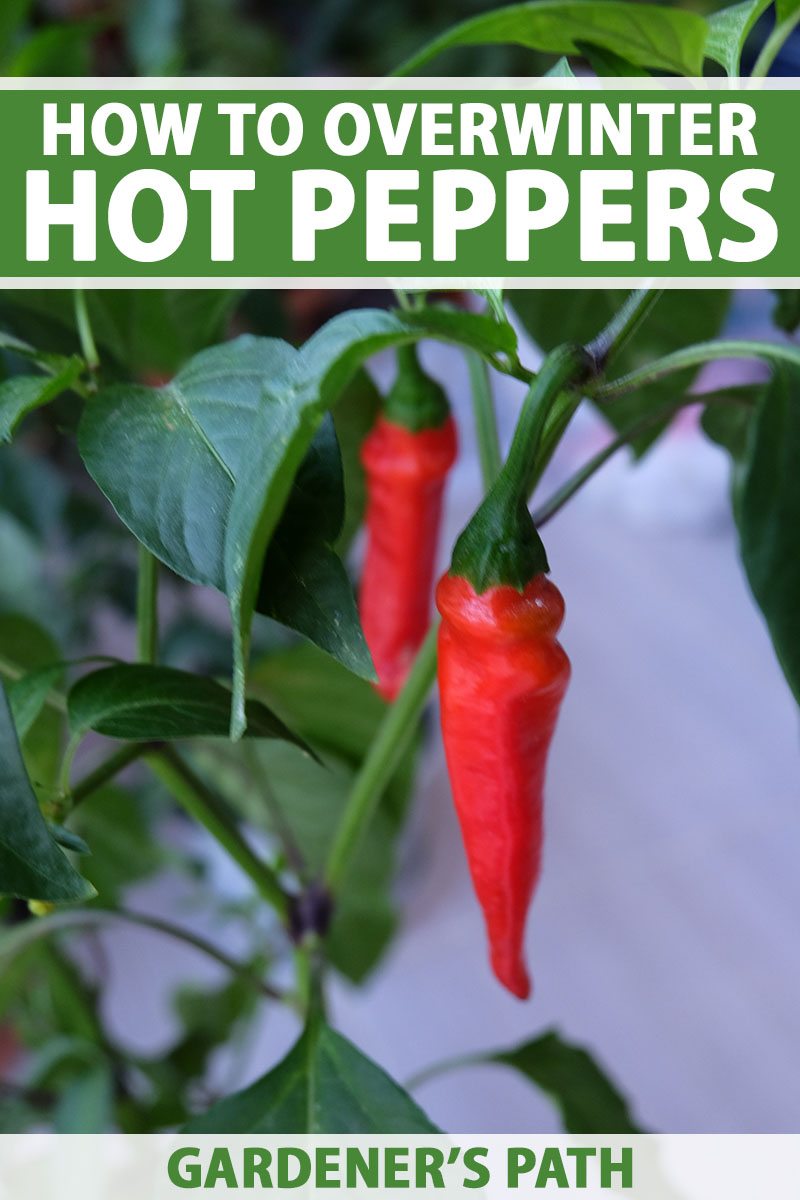Best Fertilizers for Peppers: Optimize Plant Health and Yield
Best Fertilizers for Peppers: Optimize Plant Health and Yield
Blog Article
Organic Vs. Synthetic Fertilizers: Which Is Best for Supporting Healthy And Balanced Pepper Plants?
In the world of supporting healthy pepper plants, the selection in between natural and artificial plant foods stands as an essential choice with significant implications. While both alternatives goal to offer vital nutrients to sustain plant growth, the nuances of their effect on the soil, plant health and wellness, and the environment spark a dispute that mirrors throughout the horticulture area. Recognizing the distinctive benefits and prospective pitfalls of each plant food type is crucial for pepper farmers seeking to optimize their returns while maintaining an eco-conscious and lasting technique.
Advantages of Organic Fertilizers
Organic plant foods offer an environmentally-friendly and sustainable approach to beneficial pepper plants, offering important nutrients without making use of artificial chemicals. These natural plant foods are stemmed from natural sources such as compost, manure, bone meal, and algae, promoting soil health and wellness and biodiversity. Unlike synthetic plant foods, natural choices launch nutrients slowly, making certain a well balanced and steady supply for pepper plants to grow.
One substantial benefit of organic plant foods is their capability to improve dirt framework and water retention. By enhancing dirt health and wellness, organic plant foods advertise advantageous microbial activity, which assists in nutrient uptake by pepper plants. Furthermore, natural plant foods decrease the threat of chemical run-off, securing water sources from air pollution and securing the environment.
In addition, organic fertilizers add to long-term dirt fertility by promoting the development of useful dirt microorganisms. These microorganisms aid damage down natural matter, releasing nutrients in a form that is easily available to pepper plants. best fertilizers for peppers. By promoting a healthy and balanced dirt ecological community, organic fertilizers sustain lasting pepper farming practices that profit both plants and the environment
Drawbacks of Synthetic Fertilizers
Artificial fertilizers, in comparison to their organic counterparts, posture various negative aspects when used to nurture pepper plants, influencing both plant wellness and ecological sustainability. One significant downside of artificial plant foods is their propensity to leach nutrients from the soil quickly. This rapid leaching can result in nutrition discrepancies in the dirt, triggering plants to experience from poisonings or deficiencies. Furthermore, synthetic fertilizers can hurt useful soil organisms, such as earthworms and useful germs, disrupting the dirt community's balance.
Furthermore, the overuse of artificial fertilizers can add to water contamination. Excess plant foods not taken in by plants can remove into water bodies, leading to eutrophication, where algae blossoms deplete oxygen degrees in the water, harming marine life. Artificial fertilizers are typically acquired from non-renewable sources, such as fossil fuels, contributing to carbon exhausts and ecological destruction during their production.
Nutrient Absorption Contrast
When comparing organic and synthetic fertilizers in terms of nutrient absorption, organic fertilizers have the advantage of offering an extra well balanced and slow-release resource of nutrients. Organic fertilizers include a variety of macro and trace elements that are not only valuable for the plants however likewise promote healthy soil microbial activity, which aids in nutrient uptake.
Additionally, organic fertilizers enhance soil structure and water retention ability, permitting pepper plants to accessibility nutrients extra successfully. This better dirt high quality assists in origin advancement, allowing better nutrient absorption. Synthetic fertilizers, although initially boosting plant development as a result of their high nutrient concentrations, may impede long-lasting nutrient absorption by derogatory dirt wellness over time.
Environmental Effect Factors To Consider

On the other hand, synthetic plant foods, although usually even more hop over to here promptly offered and concentrated to plants, can have destructive results on the environment if not used appropriately (best fertilizers for peppers). Their manufacturing needs high energy inputs, resulting in greenhouse gas discharges and adding to environment adjustment. Additionally, the overflow of excess synthetic fertilizers can infect water sources, bring about eutrophication and harming marine ecological communities.
Ideal Fertilizer Practices for Peppers
When feeding pepper plants, check my site enhancing nutrient uptake and minimizing ecological impact are crucial considerations. To attain this, it is necessary to follow finest plant food practices tailored to the certain needs of pepper plants. One vital practice is to do a dirt test prior to using any fertilizers. This test can determine the pH level of the dirt and determine any kind of nutrient deficiencies, assisting you in picking the most appropriate fertilizer formula.
One more essential practice is to feed pepper plants at the correct time. Normally, peppers take advantage of receiving plant food at growing and afterwards again when they begin to flower. Over-fertilizing can result in nutrient inequalities and hurt the plants, so it is important to follow advised application rates.
Furthermore, choosing a well balanced fertilizer with an NPK ratio that matches pepper plants' demands is basic. Organic plant foods, such as garden compost or manure, can be outstanding choices as they launch nutrients slowly and boost soil framework gradually. Synthetic plant foods can offer a fast nutrient boost when required. Ultimately, incorporating artificial and natural fertilizers deliberately can assist support healthy pepper plants while lessening environmental effect.
Final Thought

Organic fertilizers use an environmentally-friendly and sustainable method to beneficial pepper plants, giving important nutrients without the use of artificial chemicals. Unlike artificial plant foods, organic options release nutrients gradually, making certain a steady and well balanced supply for pepper plants to grow.
Synthetic fertilizers, in contrast to their organic equivalents, present numerous disadvantages when used to nourish pepper plants, impacting both plant health and wellness and environmental sustainability. When comparing artificial and organic plant foods in terms of nutrient absorption, organic plant foods have the advantage of supplying a more well balanced and slow-release resource of nutrients.Additionally, natural fertilizers enhance soil structure and water retention capacity, permitting pepper plants to accessibility nutrients more efficiently.
Report this page